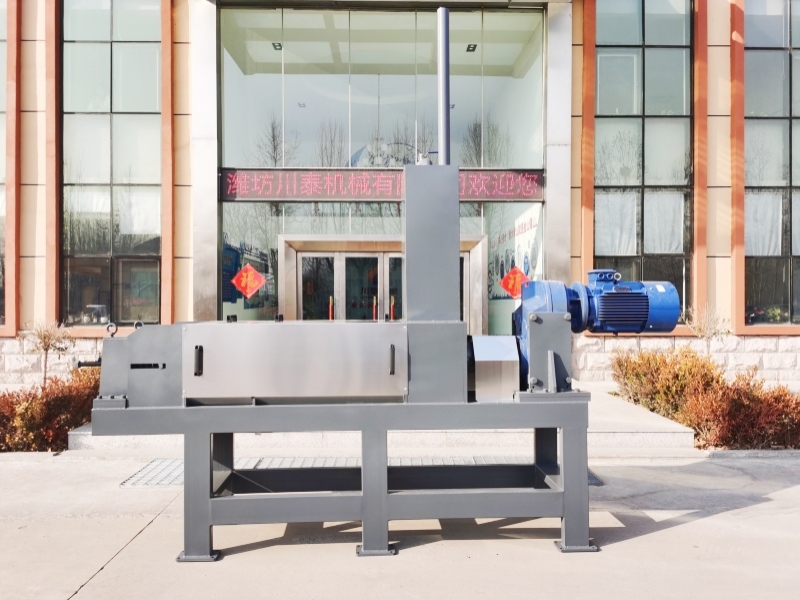
Agricultural waste management is a critical aspect of sustainable farming practices, and cow dung, a common byproduct on dairy farms, presents both challenges and opportunities. Cow dung separators have emerged as a sustainable solution to tackle these challenges, allowing farmers to efficiently manage and utilize cow dung. In this article, we delve into the significance of cow dung separators and how they contribute to a more eco-friendly and productive agricultural sector.
1.The Working Principle of Cow Dung Separators:
Cow dung separators are mechanical devices that leverage various separation techniques to divide cow dung into solid and liquid fractions. These machines generally employ centrifugal force, mechanical pressing, or sedimentation methods to achieve the separation. The solid fraction can be processed into compost or used as animal bedding, while the liquid fraction serves as a nutrient-rich liquid fertilizer.
2.Nutrient Recycling and Soil Health:
One of the primary advantages of cow dung separators is the efficient recycling of nutrients. The liquid fraction contains essential plant nutrients like nitrogen, phosphorus, and potassium, which are crucial for crop growth. By applying this nutrient-rich liquid to fields, farmers can reduce their reliance on chemical fertilizers, promote soil health, and minimize nutrient runoff into water bodies.
3.Biogas Production:
In addition to producing nutrient-rich liquid fertilizer, cow dung separators play a vital role in biogas production. The solid fraction, when processed through anaerobic digestion, generates biogas—a renewable energy source. Biogas can be used for electricity generation, cooking, and other applications, reducing the dependence on fossil fuels and lowering greenhouse gas emissions.
4.Environmental Sustainability:
Cow dung separators contribute to environmental sustainability by reducing the environmental impact of dairy farming. By managing cow dung more efficiently, the release of harmful gases, such as methane and ammonia, is minimized. This results in a cleaner and healthier environment for both farm animals and nearby communities.
5.Economic Benefits:
Implementing cow dung separators can lead to economic benefits for farmers. The production of compost and biogas opens up additional revenue streams. Moreover, the reduction in chemical fertilizer usage and the potential to generate energy from biogas can lead to cost savings in the long run.
Conclusion:
Cow dung separators represent a sustainable and innovative solution for managing agricultural waste, particularly on dairy farms. By efficiently separating cow dung into valuable fractions, farmers can enhance nutrient recycling, improve soil health, and contribute to environmental preservation. As these technologies continue to advance, their widespread adoption promises a greener and more prosperous future for the agricultural sector.




If your company wants to establish a business relationship with us, please briefly describe the cooperation intention and send an email to:chuantaiscrewpress@gmail.com























































































![[list:title]](/static/upload/image/20240528/1716877114510915.jpg)